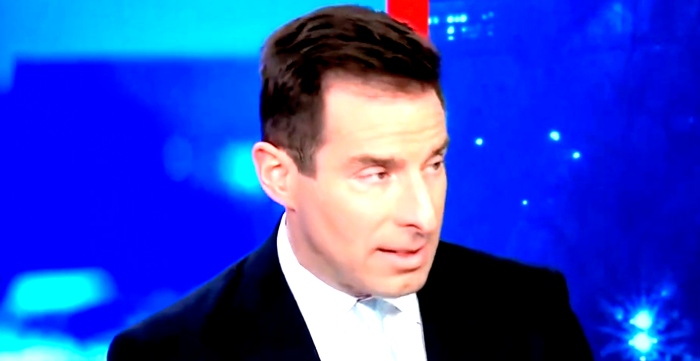President-elect Donald Trump was sentenced in his hush money case on Friday morning after the Supreme Court declined to halt proceedings the previous day. However, according to a top CNN legal analyst, the Republican “gets a benefit” from one final court appearance before assuming office. Elie Honig, a prominent legal expert for the network, noted that Trump has numerous avenues to appeal his conviction on 34 felony counts related to concealing a hush money payment to Stormy Daniels.
Receiving his sentence on Friday from Judge Juan Merchan—who ruled out any jail time—could enable Trump’s legal team to pursue a full appeal. The Supreme Court justices have acknowledged that the case may have substantial grounds for reconsideration. “I think it was perfectly sound,” Honig said. “Basically, the justices in the majority said two things. First of all, they said ‘What‘s the harm? You‘re going to get sentenced to zero. You can do it by Zoom. You can roll out of bed and do it. And, second of all, you do maybe have substantial issues.’ I think he has substantial issues on appeal, but you can handle them through the full appeal process that will follow your sentencing.”
In a narrow 5-4 decision on Thursday, the Supreme Court ruled that Donald Trump could not halt his sentencing hearing on the grounds of immunity. Conservative Justice Amy Coney Barrett and Chief Justice John Roberts joined the court’s three liberal justices in the majority. Later that day, legal analyst Elie Honig told CNN’s Kaitlan Collins that Trump “actually gets a benefit” from the swift decision, particularly since his sentence of “unconditional discharge” now allows him to pursue an appeal unimpeded.
“Trump actually gets a benefit by being sentenced [Friday], which is once that sentencing is over as of [Friday], then he can take his full appeals,” Honig went on. “He can go up to the New York Courts of Appeals. He can go maybe to the U.S. Supreme Court and say, ‘The charge against me was unconstitutional,’ which I think it may be. He can say that the jury was not properly instructed, but if he had gotten his way, if he was not sentenced…he would not have been able to appeal.”
WATCH:
CNN’s Elie Honig explains that Trump actually may have good grounds to appeal his bogus ‘felony conviction’ in Democrat supermajority New York. pic.twitter.com/eD3RG2ixUb
— USA Features Media (@UsaFeatures) January 10, 2025
Ahead of the ruling, Elie Honig explained that an unconditional discharge amounts to “essentially nothing” as a sentence. Under New York law, it finalizes Trump’s conviction without requiring imprisonment, fines, or probation, according to the Daily Caller. However, legal analysts on MSNBC pointed out that the decision does carry some formalities. For instance, as a convicted felon, Trump is now required to surrender his firearms and gun permit to the NYPD.
“I never falsified business records. It is a fake, made up charge,” the Republican president-elect wrote on his Truth Social platform last week. “There was nothing else it could have been called. I was hiding nothing.”



